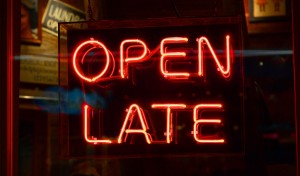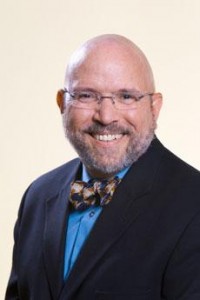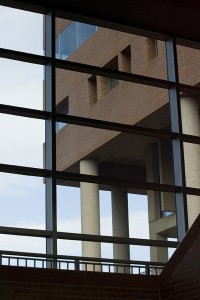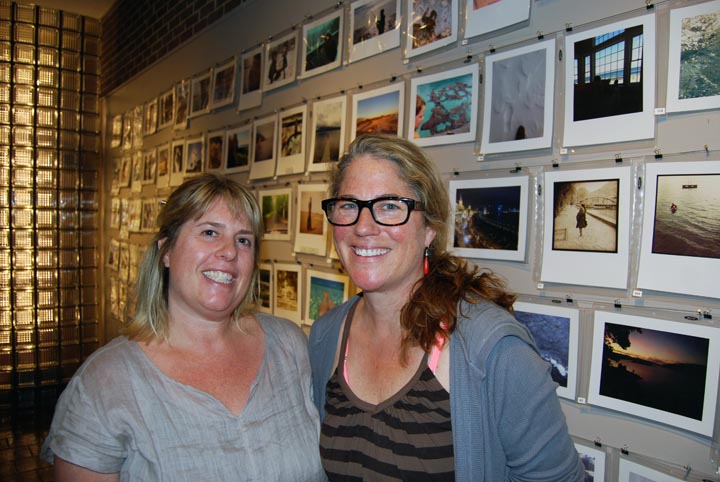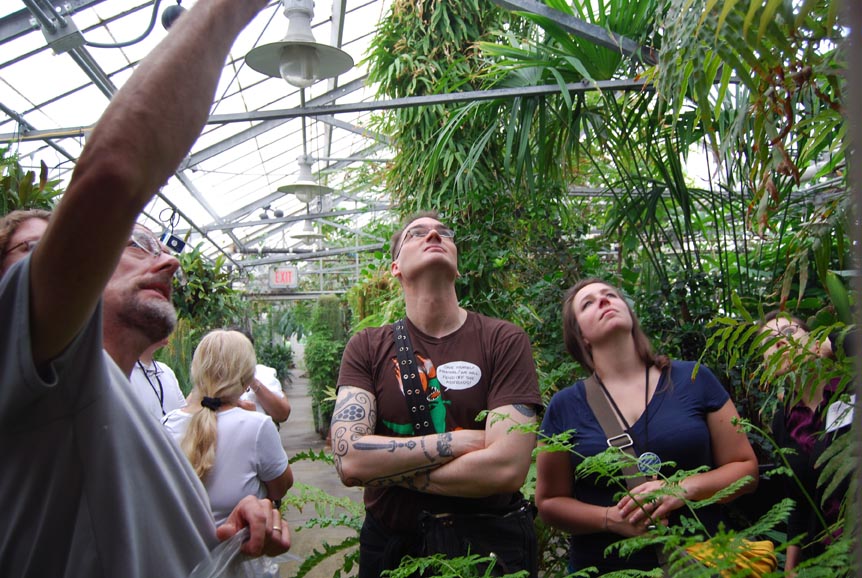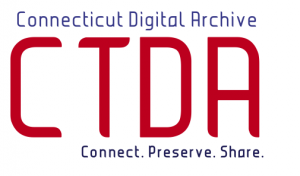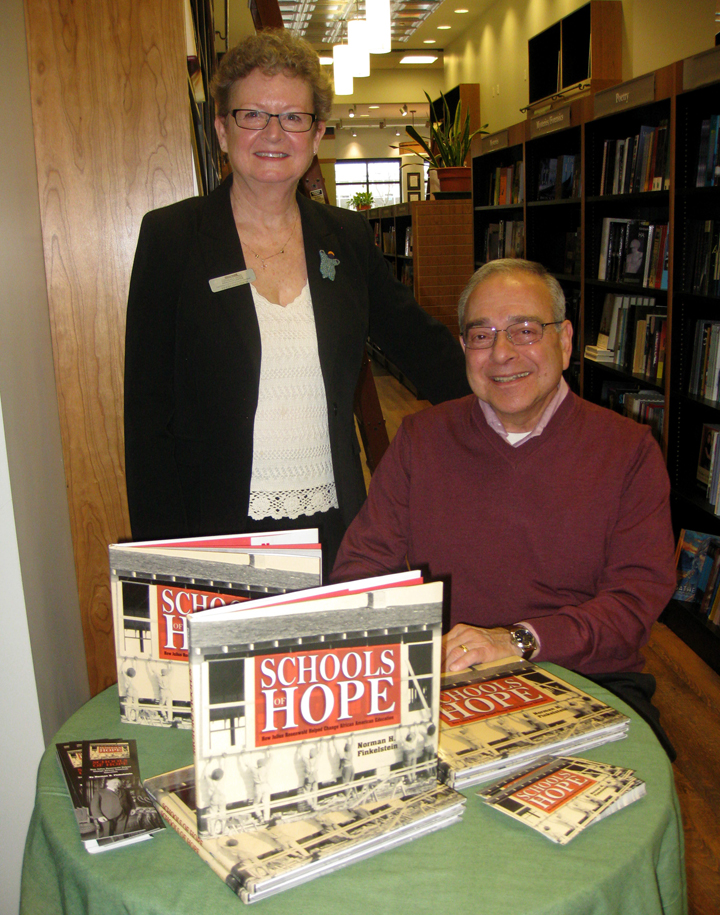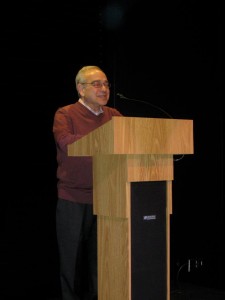Since about 2010, the electronic book, or ebook, has rapidly increased its market share in the publishing business, and in 2013 it accounted for 27 percent of adult trade-book sales. Academic audiences have been somewhat slower to adopt this format, but as the general market for ebooks has begun to plateau, the academic market has been picking up. Now – and probably not coincidentally – academic libraries find themselves facing sharply increased pricing for commercially published electronic books.
Like many library consortia, the Boston Library Consortium offers an ebook program to its members. Nine of the BLC libraries – Boston College, Boston University, Brandeis University, Northeastern University, Tufts University, University of Connecticut, University of Massachusetts at Boston, University of Massachusetts at Dartmouth, and University of New Hampshire – participate in the program, which includes commercial publishers such as Wiley and Taylor & Francis, as well as a number of university presses. In the BLC program, publishers charge libraries for ebooks based on a model that combines payment for short-term use of a title by a student or researcher with the purchase of the title after a few short-term uses. In this way, libraries pay full price for an ebook that meets the needs of multiple readers, and pay a fractional price for ebooks that are of use to only one or two people. This month the BLC was surprised to learn that a number of the publishers in this program planned immediate, significant, and unexplained increases in price. Even worse, the new pricing goes into effect at a time when library budgets are already committed for the 2015 fiscal year.
These newly announced price increases, amounting to several hundred percent in some cases, are levied on short-term uses, and this regressive pricing model is being adopted by the publishers whose ebooks are already among the most expensive in the scholarly market. More reasonable library pricing – both for outright purchase and for short-term use – is being offered by other publishers and we are pleased to see many (though not all) university presses in this latter category.
The BLC recognizes that the scholarly ebook market is a developing one and that publishers need to ensure that they have a sustainable revenue stream as they invest in evolving digital technologies. However, this move looks like an experiment in predatory pricing, designed to make the most of rising demand, but without justification in terms of either production cost or use value. Academic libraries and the universities they serve have already seen the results of this kind of experiment, in the pricing of scientific journals, which sky-rocketed as publishers transitioned from print to electronic delivery. And although electronic publications have some new costs not attached to print, it is abundantly clear that a small number of commercial publishers, who control over 40 percent of the scientific journals, have reaped major profits in this transition. Price inflation in scientific journals (which has been four times the general rate of inflation since 1986) has taken a major toll on academic-library budgets for books, including ebooks. This shift in resource allocation is not discipline-neutral, either: science and technical disciplines publish primarily in the form of the journal article, but the book remains central to the humanities and the social sciences. These new ebook price increases (by some of the same publishers who have hiked the price of science journals) are unjustified and therefore ethically unacceptable, and they are economically insupportable.
Consequently, the BLC will lower the price ceiling below which individual titles are eligible to be included in our ebook program, we will reduce the availability of back-list titles at high price points, and we will increase the portion of our consortial budget that is allocated to those publishers whose pricing remains reasonable. In this way, we mean to reward what we regard as fair dealing, as we attempt to limit the budget impact of what appears plainly to be price-gouging.
We have no choice but to take action. The acquisitions budgets of academic libraries do not increase at four times the rate of inflation each year, nor are universities scaling back the teaching and research programs their libraries are called upon to support. As a library consortium focused both on purchasing partnerships and pragmatic advocacy for research libraries, the Boston Library Consortium believes it must call out these escalating ebook prices as being inimical to access and contrary to fairness. We’ve seen it before, and we should not stand for it again.
We encourage campus leaders to support their libraries in this and other efforts to control costs, and we ask faculty to keep affordability in mind when next considering where to publish. Finally, we thank those publishers, primarily university presses, who make ongoing efforts to offer high quality ebooks at affordable prices.
Susan Stearns
Executive Director
Boston Library Consortium
Boston
John Unsworth
President Elect, Boston Library Consortium
Vice Provost for Library and Technology Services
Chief Information Officer
University Librarian
Brandeis University
Waltham, Mass.
Originally published in The Chronicle of Higher Education, May 27, 2014

